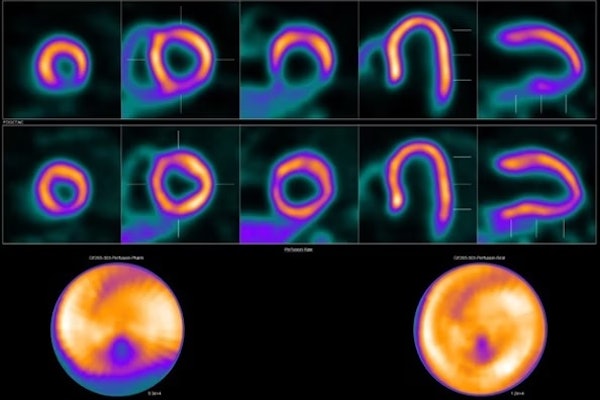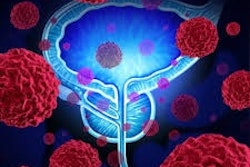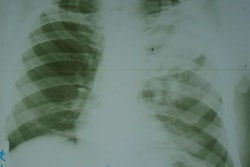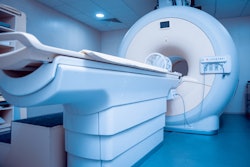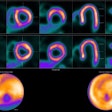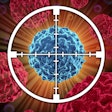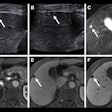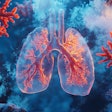More in Home
Should HHUS or ABUS be used for second-look breast imaging?
January 26, 2026
New study seeks to tailor RLT to individual patients
January 26, 2026
AI detects tuberculosis on photos of chest x-rays
January 23, 2026
Misinformation may be driving underuse of lung cancer screening
January 21, 2026
2023 version of AASLD improves ultrasound HCC surveillance
January 21, 2026
Page 1 of 198
Next Page



